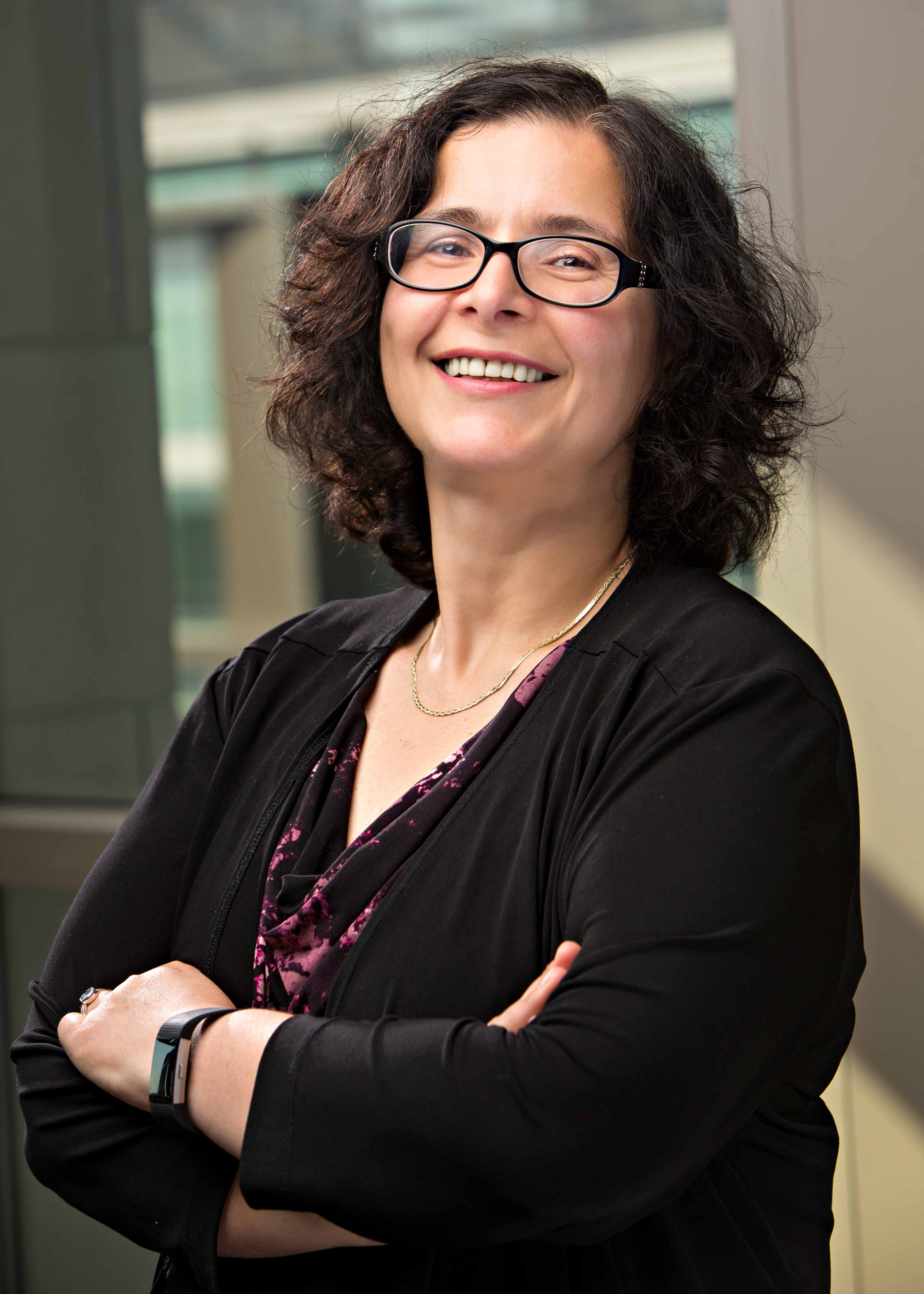Dr. Dilma Da Silva has been named as the acting assistant director of Computer and Information Science and Engineering (CISE) at the National Science Foundation, effective Dec. 11.
The NSF has eight directorates across all fields of science and engineering, each comprised of divisions. As acting assistant director of the CISE Directorate, Da Silva will be responsible for approximately one billion dollars in research funds. According to Da Silva, this budget is especially important for the computer science and engineering community because about 80% of the federal funding for academic research in computer science is through NSF.
“In other fields, you may have federal agencies such as the Department of Defense, NASA or the Department of Energy providing significant funding for academic research, but for computer science, computer engineering and information science, NSF has an essential role in fostering innovation and supporting the academic enterprise,” she said.
Da Silva, a professor in the Department of Computer Science & Engineering at Texas A&M University, has been serving as the director of the Computing and Communication Foundations division of CISE since July 2022. In that role, she oversees a “slice” of the work being done at CISE. As acting director of CISE, Da Silva’s role will be expanded. She looks forward to taking on broader responsibilities and strategizing with the other NSF directorates and federal agencies.
I feel like a child in a candy shop because I am surrounded by all these exciting research initiatives, and I get to watch closely how the research community advances our knowledge and how society benefits from the innovation we foster.
“I will interact much more with other agencies and with the executive and legislative branches, and therefore have more opportunities to further the NSF’s mission and amplify the impact our computing research community has on addressing societal challenges,” Da Silva said. “It’s important to remind people of the contributions computing research has made to our society and what more it can do.”
Da Silva was initially drawn to serve NSF because she sees her time there as a way to give back.
“NSF has had an important role in supporting not only my own education and growth but the education and growth of the faculty and graduate students that I’ve interacted with,” she said. “So, NSF is a great contributor to the whole computing ecosystem. Most of the computing innovation that our society relies on has benefitted from NSF funding at some stage.”

NSF has been a good fit for Da Silva because of her intellectual curiosity.
“I feel like a child in a candy shop because I am surrounded by all these exciting research initiatives, and I get to watch closely how the research community advances our knowledge and how society benefits from the innovation we foster,” she said. “I spend my days talking to experts in so many areas, including ones that I didn’t expect to work with. I look forward to the time when what I am learning will benefit students and fellow researchers when I am back to my professor role.”
As with any new role, Da Silva anticipates some challenges. Interacting with parts of the government in ways she currently does not and responding to their requests in a timely manner is one challenge she’s expecting. She will also participate in new committees and coordinating boards and will need to learn their expectations and quickly contribute to their goals. However, she is looking forward to the challenge.
“It’s a lot of new information very quickly, but I find this very exciting,” Da Silva said. “I’m not shy about asking questions or afraid of making mistakes. And I have a lot of help from my colleagues; the directorate team is fantastic. It will be okay, and I believe I will have fun doing the work.”
Da Silva wants to return to Texas A&M one day but is looking forward to her expanded role at NSF until then. “When I was at Texas A&M, besides my usual professor roles, I was dedicated to broadening participation in computing on campus and in Texas. As a leader of the CISE Directorate, I will be very engaged in doing what we can to enable opportunities for talent in all parts of our country.”